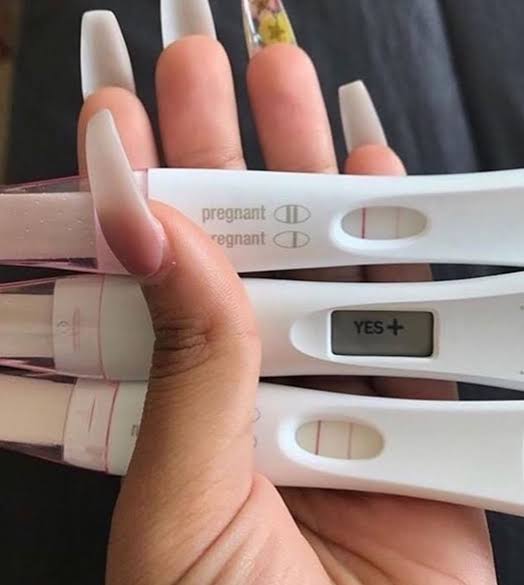Do you know that most women fail to get pregnant because of STDs?
Sexually transmitted diseases (STDs) can affect your ability to have children. That’s particularly true for women, especially if it’s left untreated. STDs that doesn’t cause symptoms can eventually lead to an episode of pelvic inflammatory disease (PID). PID is one of the leading causes of preventable infertility.
What are the causes of PID?
Most cases of PID are caused by a bacterial infection that’s spread from the surface reproductive organ or the cervix to the reproductive organs higher up.
Many different types of bacteria can cause PID. In many cases, it’s caused by a sexually transmitted infection (STI)
Whether you are single or married, male or female, younger or older you can still have an STI . So what are STI / STDs
STI are diseases caused by different bacterias and viruses and spread by sexual contact examples include;
1. Chlamydia
2. Gonorrhoea
3. Hepatitis
4. Syphylis
5. HIV
STI in pregnancy
Mothers with STI are at risk of infecting their babies putting them at risk of having severe lifelong consequences.
Infertility and STI
The fallopian tubes can become scarred and narrowed if they’re affected by PID. This can make it difficult for eggs to pass from the ovaries into the womb making them infertile.
This can then increase your chances of having a pregnancy in the fallopian tubes instead of the womb (ectopic pregnancy) in the future.An ectopic pregnancy occurs when a fertilized egg doesn’t get to the uterus before implanting. An unrecognized ectopic pregnancy can be an emergency situation.
STDs can also cause infertility in men. The structures of the male reproductive tract, including the epididymis and urethra, can be damaged by infection with an untreated STDs. Viral infections and immunodeficiency caused by HIV can also reduce semen quality in men. That makes it harder for them to get their partners pregnant.
STD-related infertility is less common in men than in women. However, that is partially due to the fact that STD infections in men are more likely to cause symptoms which makes them more likely to be treated.
What to do..
1. You can reduce your risk of PID by always using condoms with a new sexual partner until they have had a sexual health check.
2. If you’re worried you may have an STI, visit your local genitourinary medicine (GUM) or sexual health clinic for advice.
3. If you need an invasive gynaecological procedure, such as insertion of a coil or an abortion, have a check-up beforehand.
It is important to note that most people infected with STDs will not become infertile. That is particularly true for those who are screened and treated appropriately. The STDs that cause infertility usually do so because of chronic, undetected infections.
The problem of unnoticed and untreated STDs causing extensive damage over time is one reason why STD screening is so important. Regular STD screening once every 3- 6 months so as to help catch asymptomatic infections. Screening and treatment aren’t just important in slowing the spread of the STD epidemic, it also can help preserve a person’s ability to have children.
Thank you for reading
Dr Kelly

















Follow Us